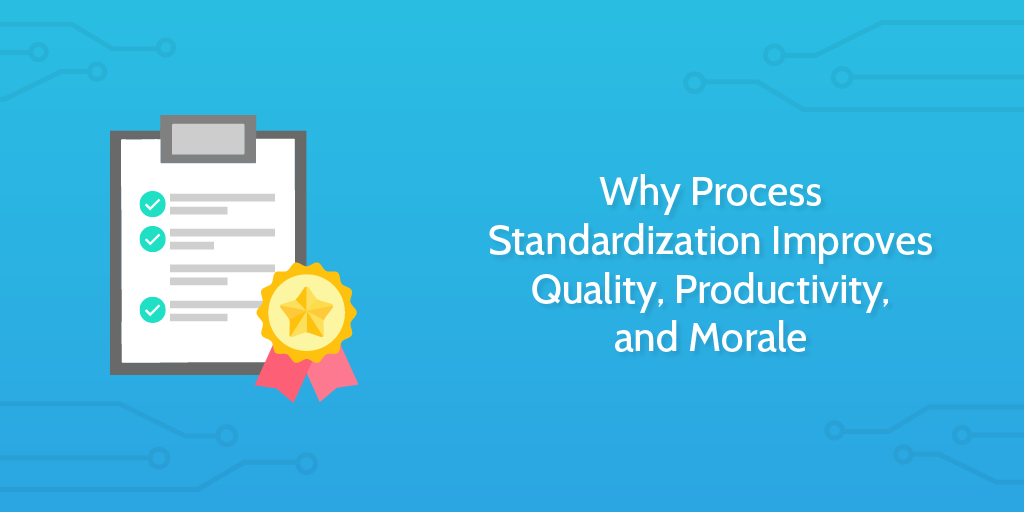
Methods of using Python programming language in online games
Overall, while cryptocurrencies offer several benefits for online casinos, such as increased privacy and faster transactions, it is important for both players and casinos to be aware of the security and privacy considerations involved. By implementing robust security measures and verifying the identity of their customers, online casinos can ensure a safe and enjoyable gaming experience for all involved. online gambling singapore
Python is a powerful programming language that has become increasingly popular among developers for its versatility and ease of use. It can be used to create a wide variety of applications, including online games. Python offers many advantages over other languages when it comes to developing online games, such as faster development times, increased scalability, better performance, and more flexibility in terms of game design. The first step in using Python for online gaming is to select the appropriate framework or library for your project.
There are several options available depending on what type of game you are creating and what features you need. Popular frameworks include Pygame (for 2D games), Kivy (for mobile apps) and Panda3D (for 3D games). Once you have selected the appropriate framework or library for your project, the next step is to learn how to use it effectively. This may involve reading tutorials or documentation related to the particular framework/library you’ve chosen as well as familiarizing yourself with relevant APIs or libraries that might be useful during development. When designing an online game using Python there are several important considerations that must be taken into account in order to ensure smooth operation once deployed on a server: security, scalability and performance optimization should all be given due attention throughout the development process.
- Security measures should include user authentication protocols such as OAuth2 or OpenID Connect; data encryption techniques; protection against SQL injection attacks; input validation mechanisms; secure coding practices; etc., while scalability concerns refer mainly to ensuring that your application can handle large numbers of simultaneous users without significant latency issues by utilizing distributed systems architecture principles like horizontal scaling and load balancing algorithms where necessary.
- Performance optimization will require careful profiling of code execution paths via tools like cProfile so as not optimize unnecessary operations which could lead up poor performance when running at scale with hundreds if not thousands of concurrent users connected simultaneously from different parts around world . Finally testing should also play an important role during development cycle both locally by making use automated unit tests written using frameworks like unittest but also remotely through integration tests involving remote services emulators such as Selenium WebDriver running against web browsers instances installed either on cloud based virtual machines managed by services like AWS EC2 & S3 buckets , Google Cloud Compute Engine & Storage Buckets , Microsoft Azure Virtual Machines & Blob Storage , IBM Bluemix Virtual Servers & Object Store , Oracle Cloud Infrastructure Compute Instances & Object Storage

Utilizing Python for Game Design and Development
In recent years, the world of online gaming has seen a rapid increase in the use of cryptocurrencies, with Bitcoin leading the way as the most popular choice among players and casinos alike. This surge in popularity can be attributed to several factors, including the security and anonymity that cryptocurrencies provide, as well as the speed and ease of transactions. casino online games
Python is one of the most popular programming languages today, and it’s no surprise that game developers are turning to Python for their development needs. Python has a number of advantages when it comes to game design and development. In this blog post, we will discuss some of the methods by which you can use Python in online games. First off, let's talk about using Python for scripting within an existing engine or framework. This allows you to easily add functionality to your game without having to learn how all the components work together from scratch.
For example, if you're working on a platformer game with Unity 3D as your engine, you can write scripts in Python that allow players to interact with objects in the world or trigger events such as cutscenes. You could also create custom AI behavior for NPCs or monsters using scripts written in Python rather than relying solely on pre-built assets provided by the engine itself. Another way you can use Python for online gaming is through web applications built around a specific game concept or genre. By leveraging frameworks like Django and Flask (both written in Python), developers can quickly build out complex web apps that provide interactive experiences similar to those found in traditional video games but accessible through any device connected to the internet - including mobile phones! This opens up possibilities such as browser-based MMORPGs where users control characters across multiple servers simultaneously without needing additional downloads or installations on each device they access them from. Finally, there are more advanced uses of Python within gaming environments such as procedural content generation (PCG).
Additionally
PCG algorithms generate levels and other content based on certain parameters set by designers; this makes it possible for games with large amounts of randomness while still maintaining consistent visuals and gameplay elements throughout different playthroughs/levels/etc.. PCG techniques have been used extensively within roguelike titles like Spelunky 2 due largely thanks its flexibility offered by coding everything up via python scripts instead of manually creating every level asset individually – allowing developers much greater freedom when crafting unique experiences with minimal effort required!












